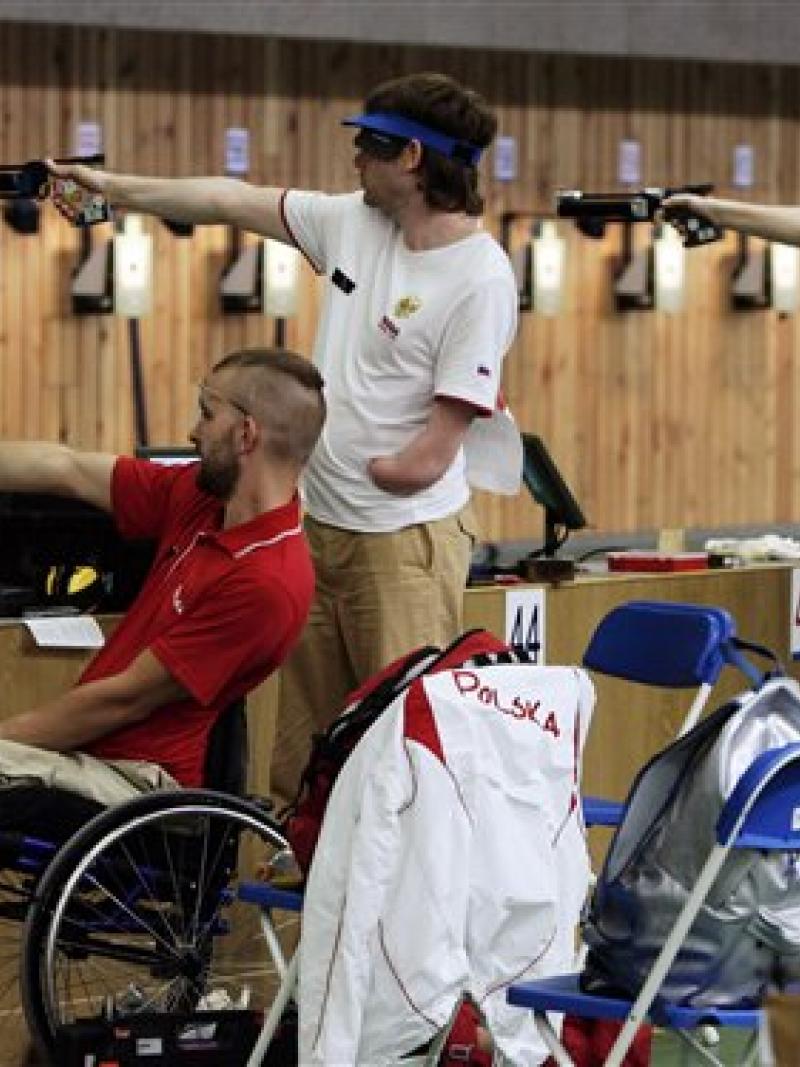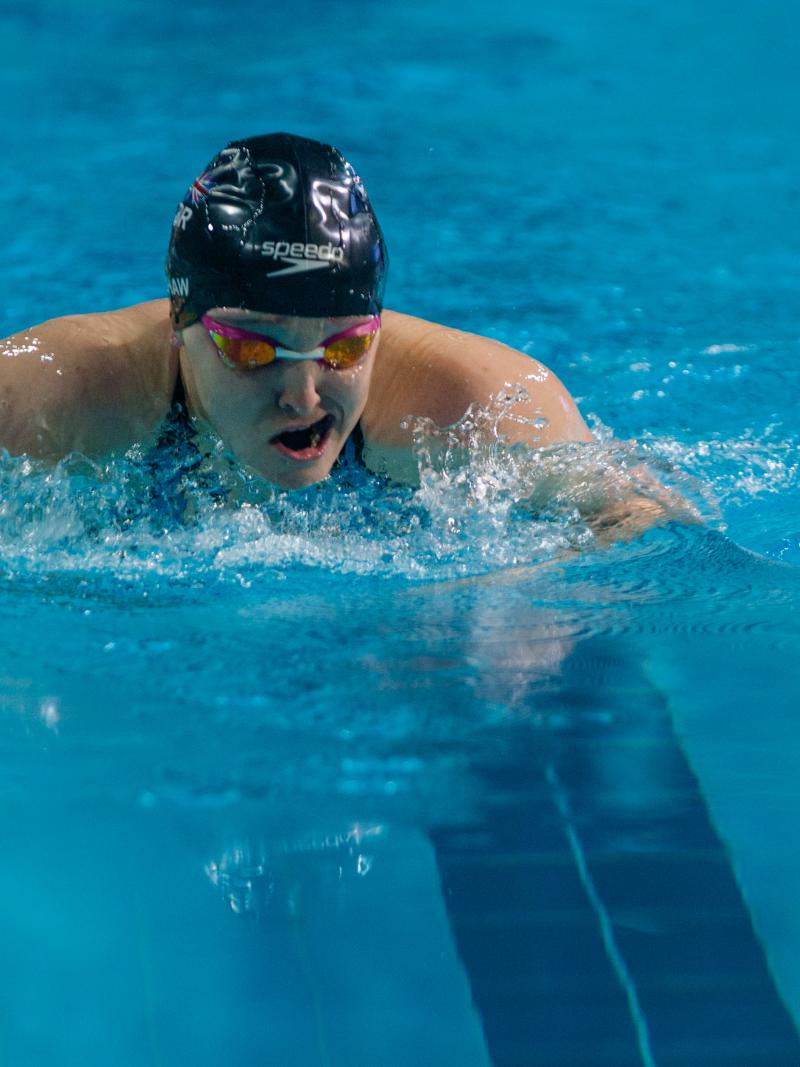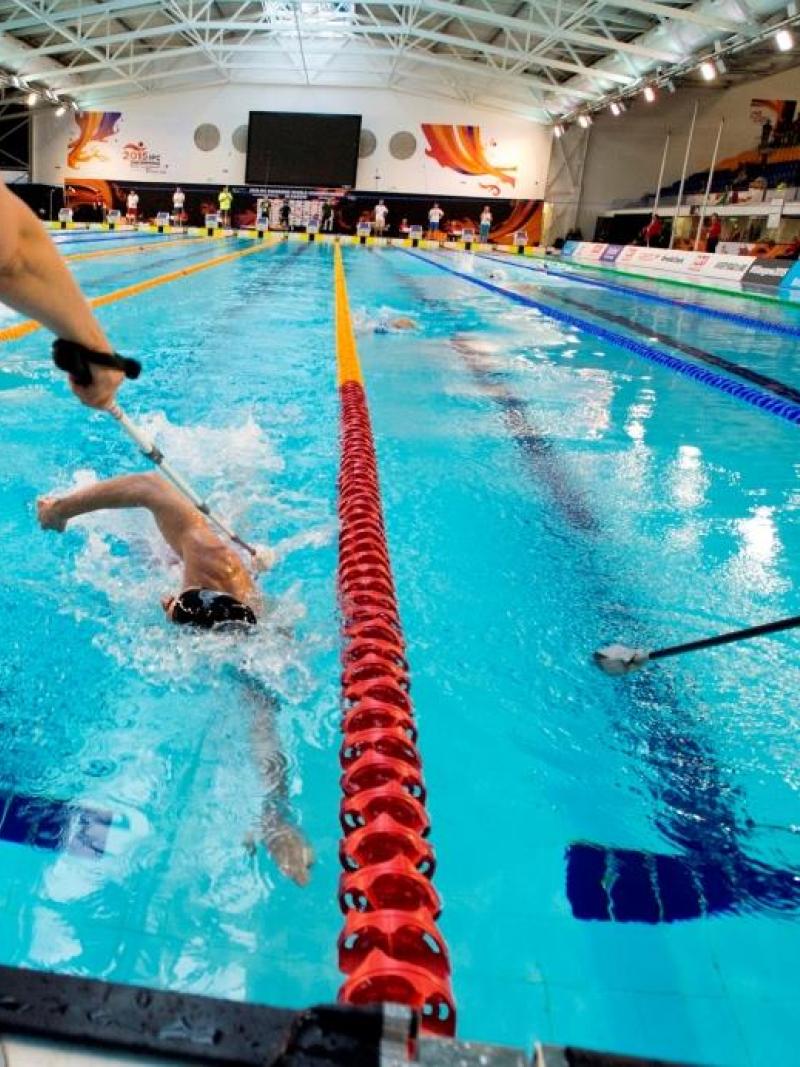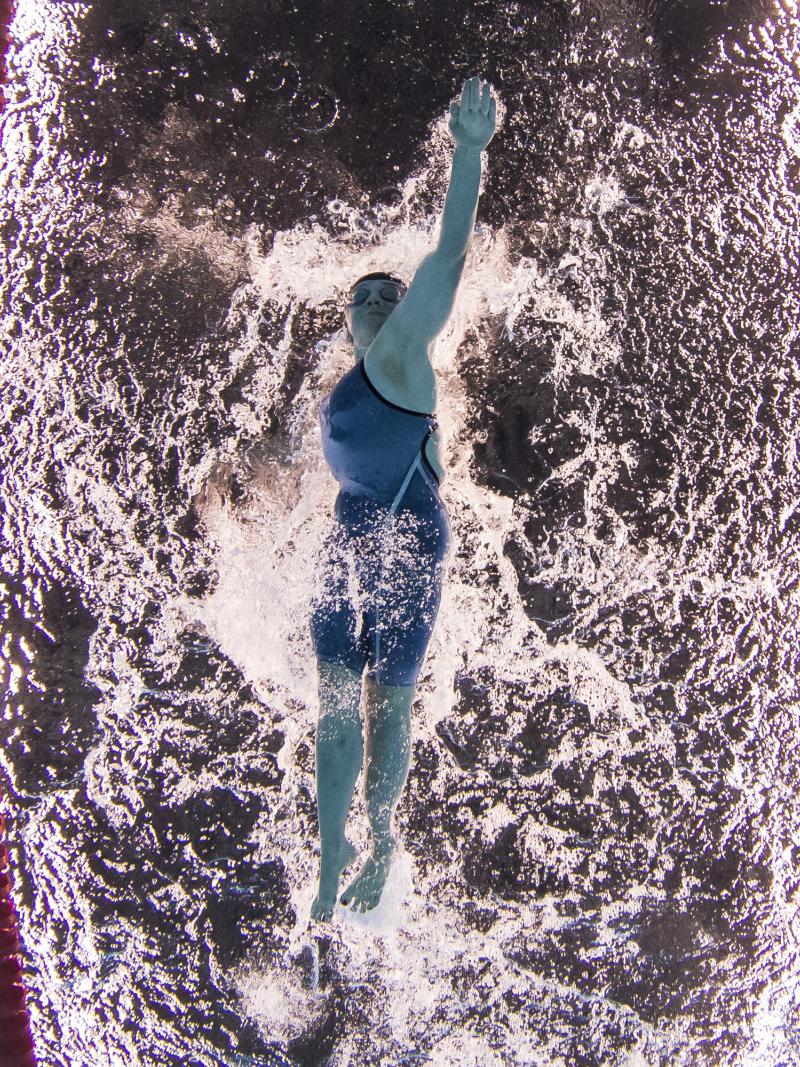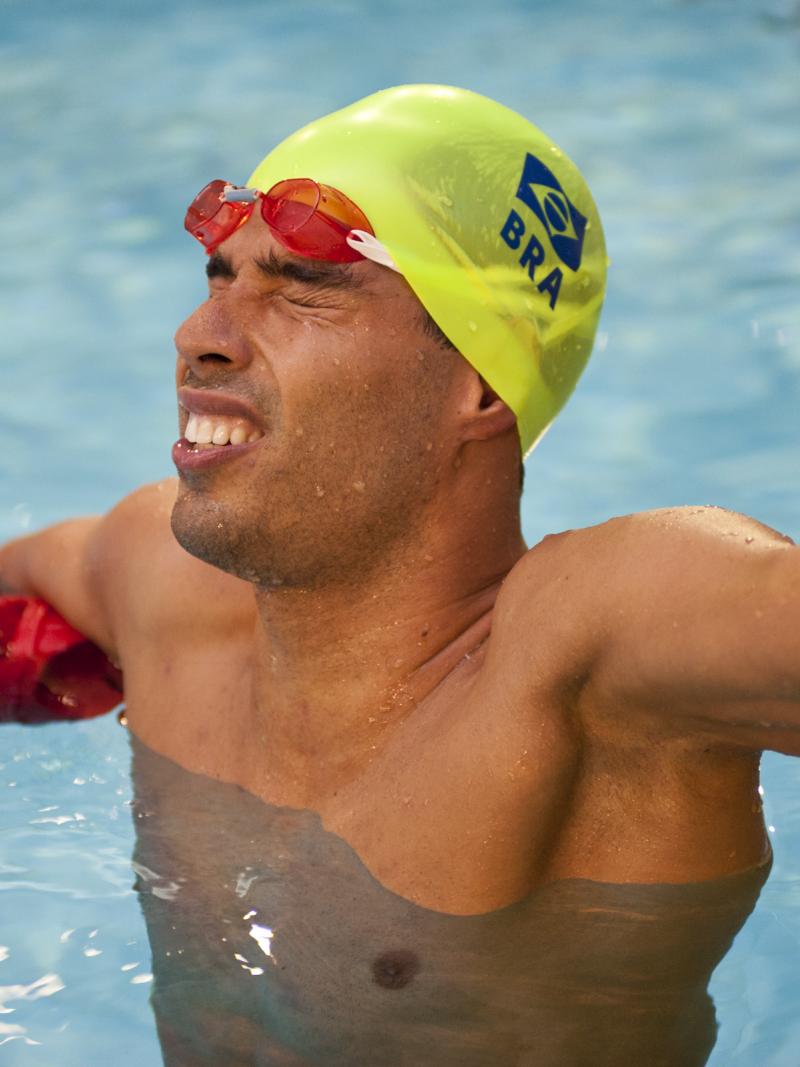Gi-Seong Jo savours break from pool
After a successful Paralympic debut, the South Korean is focusing on his studies and time with friends. 25 May 2017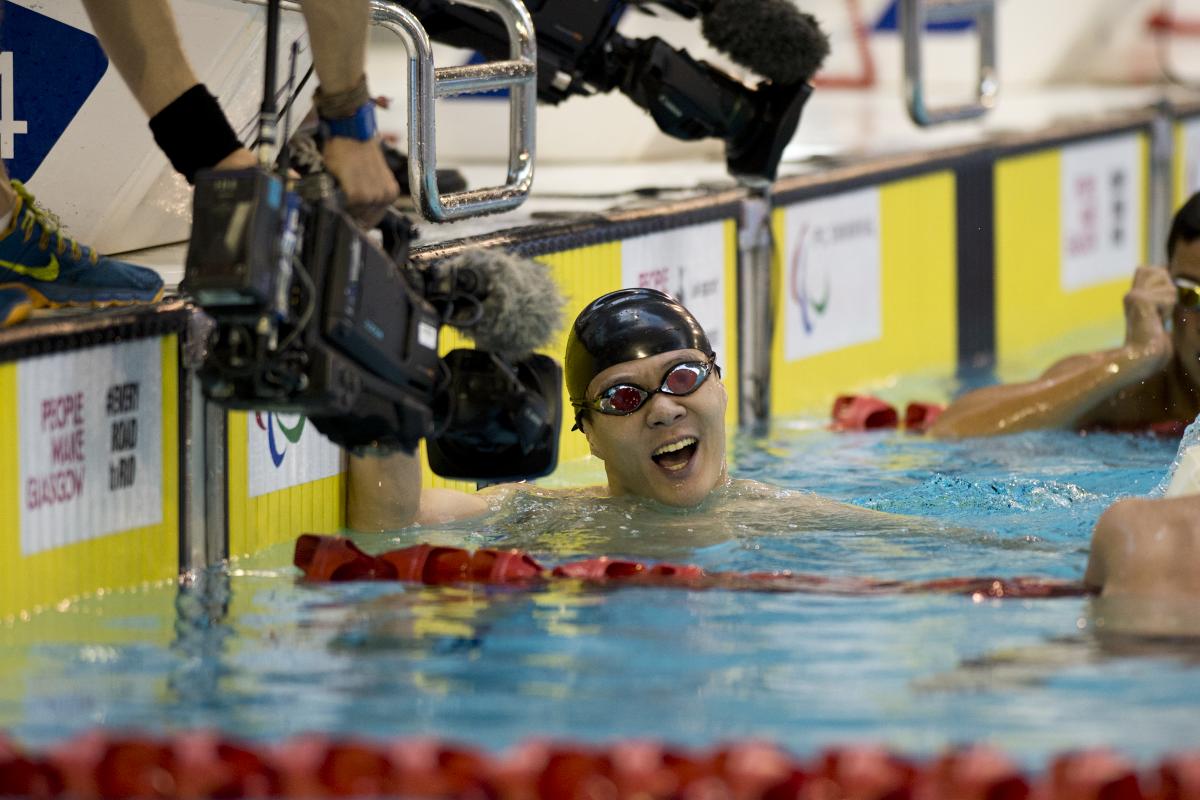
JO Giseong at the 2015 IPC Swimming World Championships in Glasgow, Great Britain.
After winning three gold medals on his Paralympic debut at Rio 2016, South Korean swimmer Gi-Seong Jo is making the most of a break from a strenuous training schedule.
The 21-year-old won gold in all three of his races (50m, 100m and 200m freestyle S4) last September in Rio, including claiming his country’s first medal of the Games. He also picked up South Korea’s first ever gold medal in freestyle swimming.
Since the Games, Jo swapped the pool for studies.
“After Rio 2016, I am studying at my university so I don't have a detailed swimming plan yet, and I'd like to study and spend more time with my friends,” Jo said.
Despite this the South Korean still has his sights set on further Paralympic glory.
“I am eager to participate at the Tokyo 2020 Paralympic Games so I will prepare and try my best,” said Jo, who will most likely not compete at the 2017 World Para Swimming Championships in Mexico City from 30 September – 6 October.
He described the atmosphere as tense within the South Korean team at Rio. But that tension was released after winning his first event.
“Everyone was nervous ... [but] I was able to concentrate on my first race and the atmosphere improved as Lee In-kook [gold medallist in the 100m backstroke S14] and I got good results on the first day,” Jo said, adding: “I was very pleased to be able to achieve the triple-crown at my first Paralympic Games.”
Ahead of Rio 2016 Jo worked with a psychologist to “practise the flow and atmosphere of the stadium so that I could be steady during the competition.”
A relative newcomer, Jo made his international competition debut as a teenager at the 2014 Asian Para Games, winning gold, silver and a bronze in the freestyle events.
He took up swimming to help with rehabilitation, and was entered into a swimming competition to gain experience. He won a bronze medal and immediately decided to swim more competitively.
He hopes that his success at the Rio 2016 Paralympic Games will lead to greater coverage of disability sport in his home country.
“There is not much support in our country yet,” he said. “However, I think there will be better support in the future because it is gradually increasing.”
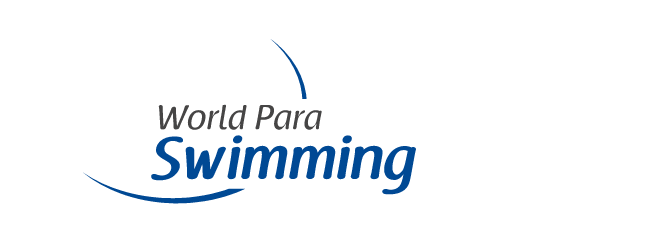
 Facebook
Facebook
 Instagram
Instagram
 Twitter
Twitter
 Youtube
Youtube
 Tiktok
Tiktok

